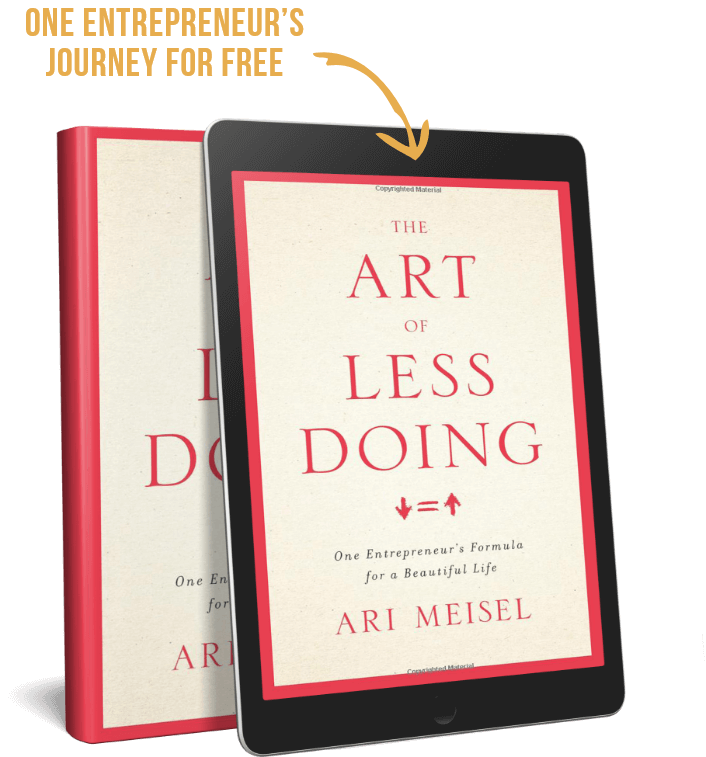What a week.
We wrapped up our Less doing LIVE event in New York — 3 absolutely life-changing days, in many ways. Had some absolutely amazing people, just great networking. Lots of “doing”, incidentally.
One of the best talks we had was with the absolute rock star Todd Herman. One of my favorite people was really an honor having him speak, and if you haven’t somehow heard of him make sure you pause this article and go check him out.
Todd grew up a farm hand in Alberta and went on to build a coaching empire that’s spanned about 2 decades. The guy spends his days showing billionaires and Olympians how to be 10x better at what they do — just a master. He’s got a killer 90 Day Program he’s circuiting right now.
What Todd talked about was the difference between coaching and consulting. I’ve dealt with this a lot over the years at Less Doing, and Todd really helped enunciate what I’d been feeling for a while.
A natural way to break into coaching is to consult. You make more money, you get the contacts, you refine your methods, but honestly, I always struggled with it — the cash in the bank was nice, but I never felt good at the end of it.
We stopped consulting entirely at Less Doing this year — our whole focus is on coaching now.
The main lightbulb moment that Todd brought up was in understanding the key difference between consulting and coaching: the former is reactive, while the latter is proactive.
A coach is playing defense. You’ve got him/her in your corner, they’re there to help you fight your battles, and keep you in game shape for the ones on the way.
Consultants are fundamentally reactive. You’re generally called in as a consultant when something’s already wrong, and you’ve got a playbook for it. You teach the playbook and you’re off, it’s up to them to implement.
More often than not, you coach the playbook and go away, fruits of your labor vanishing a few days later — it’s set and forget, and that’s honestly not rewarding.
As a coach, you’re there in the trenches with the person. You’re fighting battles with them, you’re essentially a sounding board for their challenges and act as a way to help them overcome it. You get to help someone learn & grow and, most gratifyingly, you get to see that growth.
It’s also fundamentally meritocratic. As a coach I have to get results — you’re held to far lower standards as a consultant.
You’re a catalyzing factor rather than a bandage. That distinction from Todd really clicked with me and really appealed to why I love coaching. There’s a sense of pride you get from the results you bring to your clients that isn’t there as a consultant.
But, maybe that’s just me. I love it in the trenches.
